 KDWPT
KDWPT
PRATT – On March 31, 2016, the Western Association of Fish and Wildlife Agencies (WAFWA) submitted to the U.S. Fish and Wildlife Service (USFWS) its second annual report, detailing achievements of the Lesser Prairie-Chicken Range-wide Conservation Plan (LPRCP). Highlights include the estimated 25 percent increase in the range-wide lesser prairie chicken population to just over 29,000 birds, the nearly $51 million in fees committed by industry partners to pay for mitigation actions, and the more than 67,000 acres of habitat landowners across the range have agreed to conserve.
The range-wide plan is a collaborative effort of WAFWA and the state wildlife agencies of Texas, New Mexico, Oklahoma, Kansas and Colorado. It was developed to ensure conservation of the lesser prairie chicken with voluntary cooperation from landowners and industry. This plan allows agriculture producers and industry to continue operations while reducing impacts to the bird and its grassland habitat.
“Conservation of the lesser prairie-chicken is a long-haul proposition,” said Alexa Sandoval, director of the New Mexico Department of Game and Fish and chairman of the Lesser Prairie-Chicken Initiative (LCPI) Council. “We’re encouraged that after just two years of implementation, we have so many positive indicators that the range-wide plan is working. We commend all of our partners for their commitment to conservation of this iconic grassland species.”
The plan was endorsed by the USFWS, and as part of the conservation agreement, the states agreed to report progress annually. The findings for 2015 are summarized below.
Lesser Prairie Chicken Population Up
The 2015 range-wide aerial survey documented a 25 percent increase in the lesser prairie chicken population to an estimated total of 29,162 birds. This increase is attributed to an abundance of rainfall in spring 2015, along with ongoing range-wide plan conservation initiatives. Aerial surveys for 2016 are underway and will run through mid-May. Results are anticipated in early July.
Land Conservation Efforts Increasing
Substantial progress was made on private land conservation across the lesser prairie chicken’s range. Eight landowner contracts were finalized, encompassing 67,512 acres. Conservation measures are being implemented range-wide, including habitat restoration on 8,214 of 15,911 prescribed acres. And a total of $1,821,737 was paid to landowners managing their lands to generate credits for lesser prairie chicken conservation. In addition, WAFWA acquired title to a 1,604-acre tract of native rangeland in west Texas, near the Yoakum Dunes Wildlife Management Area last June.
Technology Enhances Conservation Decision Making
Scientists are using the latest technology to designate where and how conservation actions should be implemented for the greatest benefit. The Southern Great Plains Crucial Habitat Assessment Tool enhances the existing Crucial Habitat Assessment Tool (CHAT) program administered by WAFWA. It identifies focal areas and connectivity zones where lesser prairie chicken conservation actions will be emphasized. A project estimator tool unique to CHAT was designed to encourage companies to implement more effective pre-planning development efforts and it worked. These enhancements have resulted in 5,066 instances of access to CHAT, with an average of 145 users per week.
Cooperative Efforts Enhancing Conservation
Working with conservation partners, programs and cooperative efforts are expanding voluntary landowner incentives and practices to benefit the birds. For example, the Natural Resource Conservation Service has incorporated CHAT elements into the ranking criteria for projects being considered under the Lesser Prairie Chicken Initiative. Using CHAT, prescribed grazing practices were applied on 179,805 acres through the Lesser Prairie Chicken Initiative in 2015. These combined efforts have resulted in nearly 250,000 acres being conserved for the benefit of the lesser prairie chicken.
Mitigation Efforts Positively Impact Development Decisions
One of the major components of the range-wide plan involves working with industry to avoid and minimize impacts of development activities. The WAFWA mitigation framework can be used by any entity. In 2015, there were several industries participating, including oil and gas, pipeline, electric, wind energy and telecommunications. During this past year, 177 companies enrolled in WAFWA conservation agreements. WAFWA collected $11,843,403 in fees in 2015, bringing the program total to $50,800,884, which will offset unavoidable impacts at off-site mitigation locations. In 2015, 409 project agreements were authorized, assessing development costs tied to the quality of habitat being impacted. After two years of implementation, a review of all the projects assessed shows that the mean cost was $11,936 per project, varying by ecoregion. WAFWA has documented that these mitigation costs are positively impacting development decisions and participants are actively selecting areas with low quality habitat.
Listening and Learning Informs All Conservation Decisions
Successful collaborative efforts require vigilance and commitment to considering all input. Through the Lesser Prairie Chicken Advisory Committee, WAFWA has been receptive to input from all stakeholders, including industry, non-governmental organizations, state and federal agencies, landowners and the general public. The LPCI Council has developed an adaptive management framework incorporating monitoring and new information to make adjustments as needed, maximizing conservation benefits to the lesser prairie-chicken.
Full details are available in the WAFWA annual report at www.wafwa.org
 KDWPT
KDWPT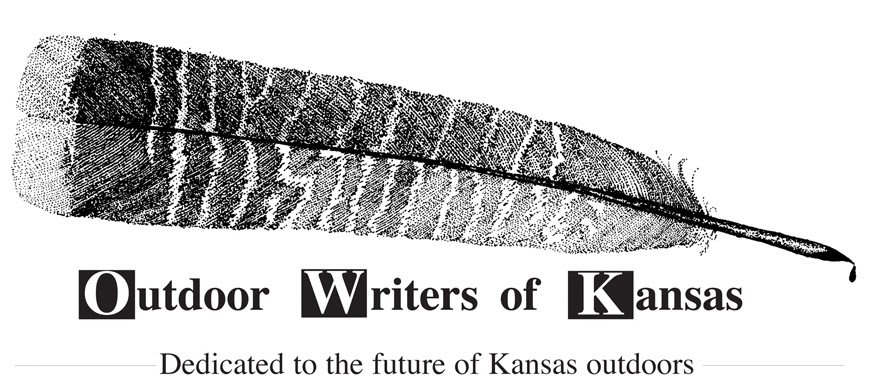
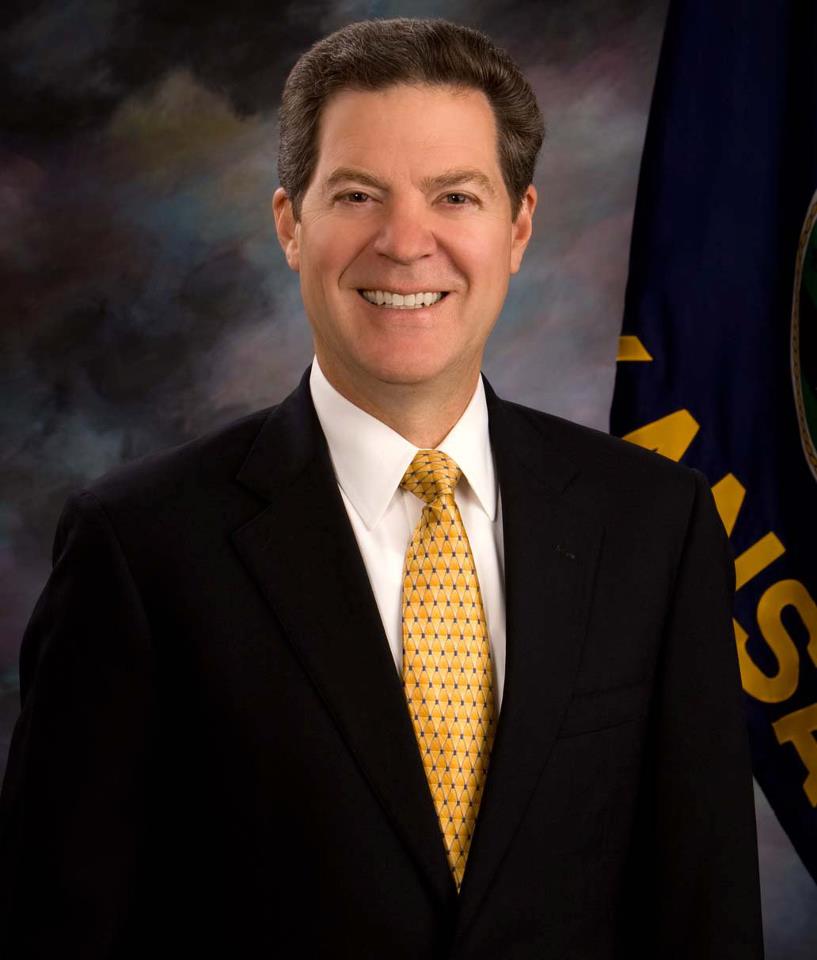


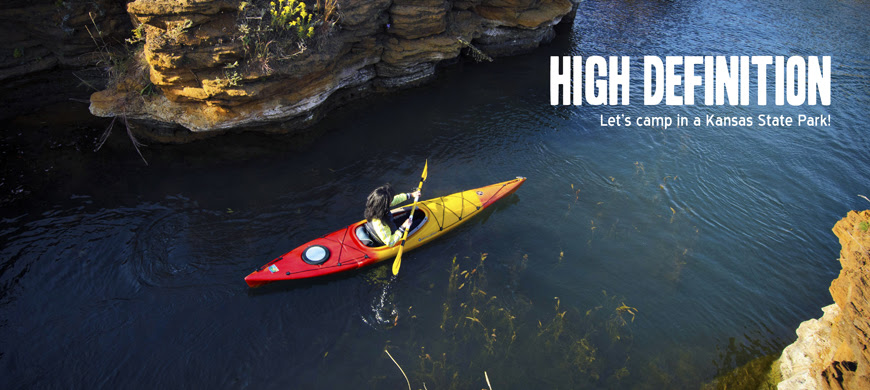
 KDWPT
KDWPT For more information about LET’S CAMP AMERICA!, go to
For more information about LET’S CAMP AMERICA!, go to 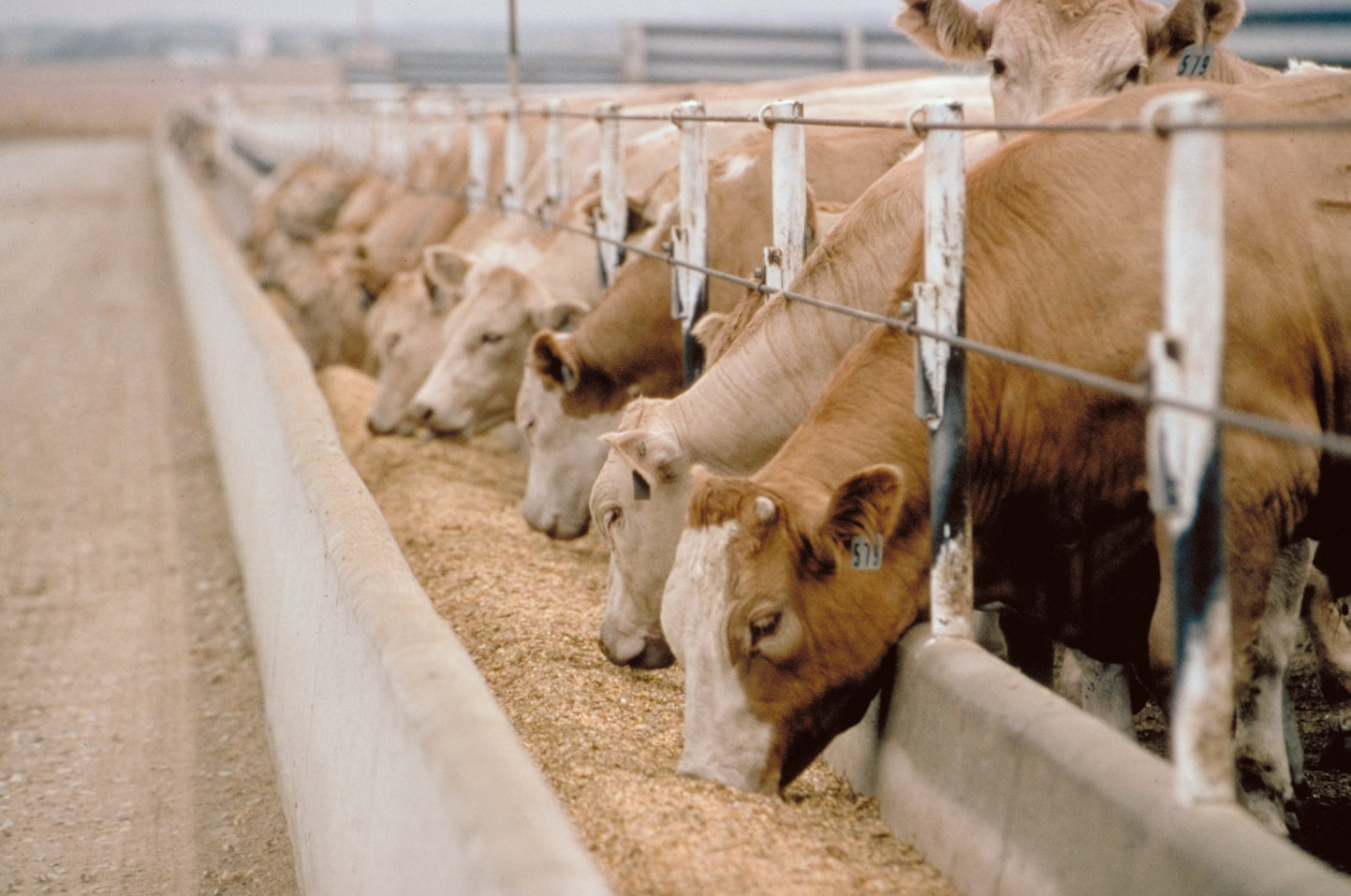





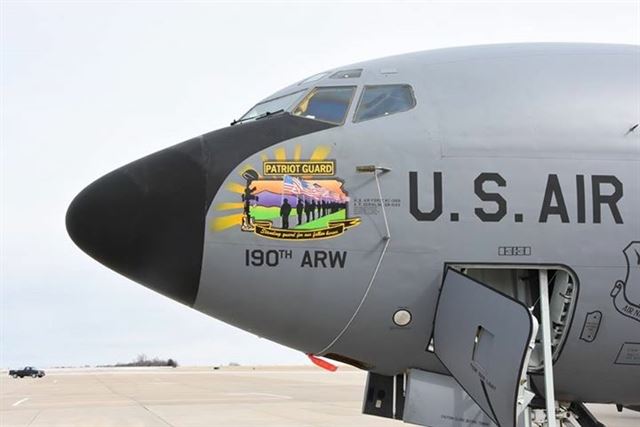
 KAG
KAG The Patriot Guard Nose Art was conceptualized by Master Sgt. Chris Dubois who worked with the Patriot Guard and American Legion Riders Post 136 for input on the design.
The Patriot Guard Nose Art was conceptualized by Master Sgt. Chris Dubois who worked with the Patriot Guard and American Legion Riders Post 136 for input on the design.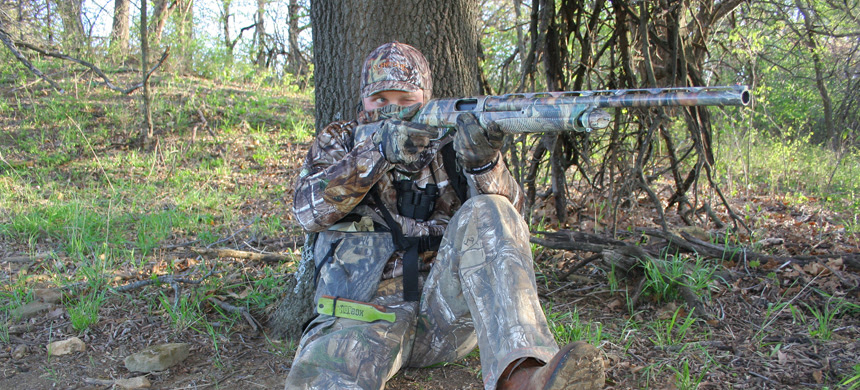
 KDWPT
KDWPT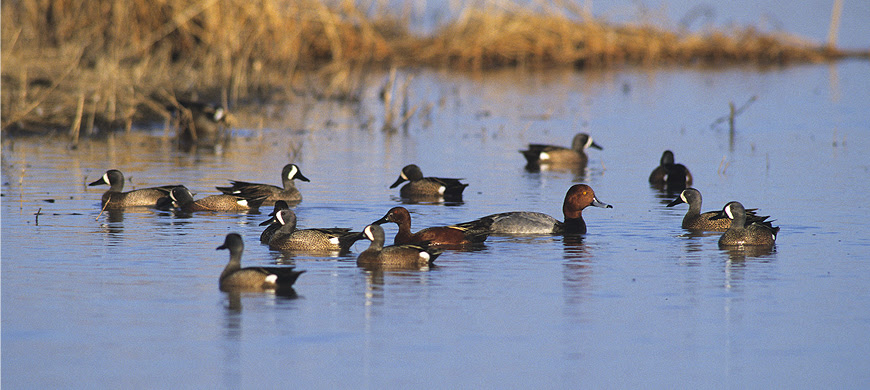
 KDWPT
KDWPT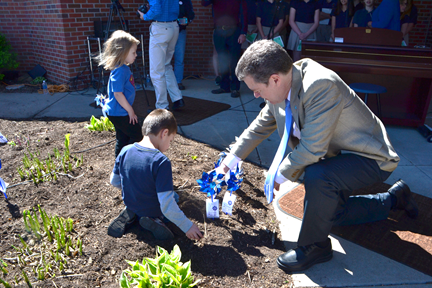

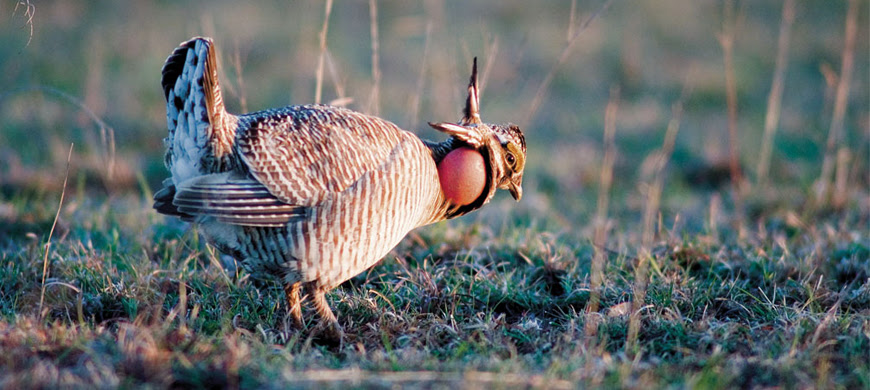
 KDWPT
KDWPT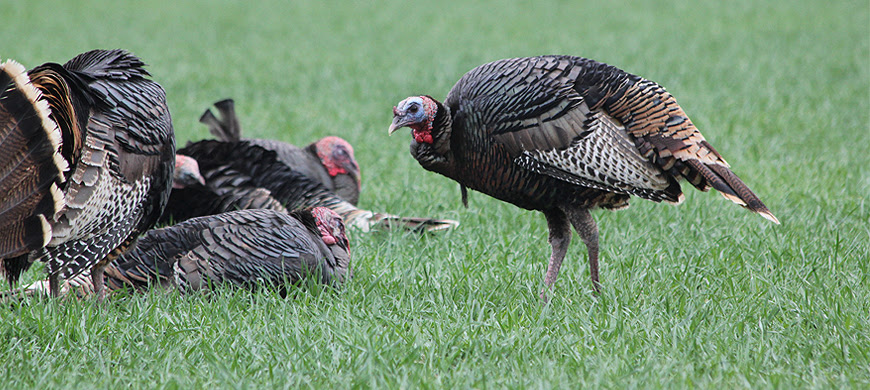
 KDWPT
KDWPT